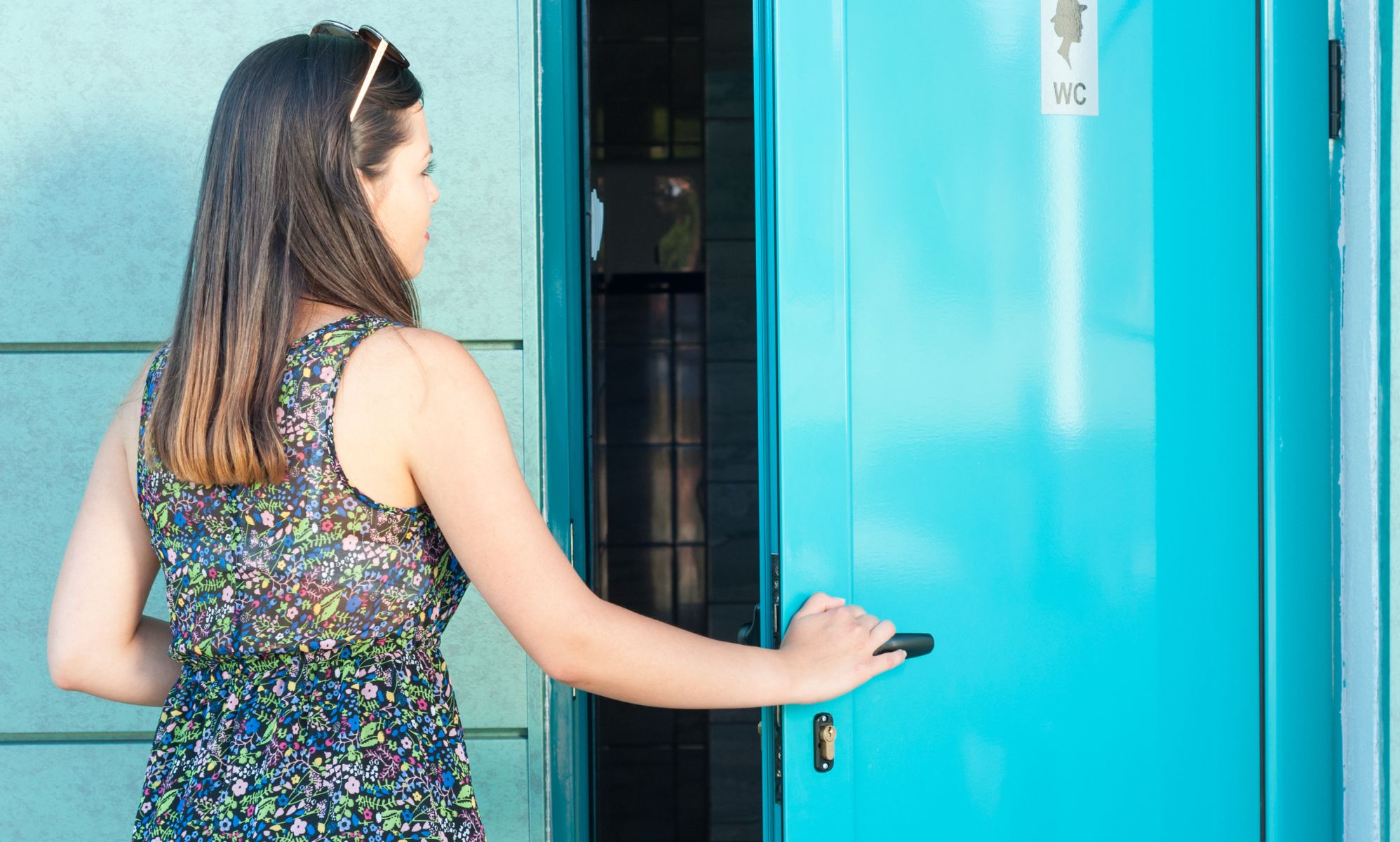Copyright thepinknews

Claims that the BBC have enacted a policy that allows members of staff to work from home if they are concerned about trans people’s rights to use gendered facilities, don’t tell the full story. In an article in the Telegraph on Sunday (26 October), with the headline “BBC allows staff to work from home if worried about trans toilet policy,” reporter Robert White claimed that “The BBC is allowing staff to work from home if they have concerns about the broadcaster’s policy allowing biological men to use women’s lavatories.” However, PinkNews has learned that the BBC has no specific guidance or policy regarding the circumstances referred to in the article. Instead, it seems to be linked to a question posed by a Q&A document produced by the BBC. A document simply stated that, should concerns be raised, a discussion would take place on a case-by-case basis. The Telegraph seemingly acknowledged this, saying the broadcaster “has no official guidance on working from home in these circumstances, but failed to deny that it is a possibility for its employees”. The newspaper did not provide evidence that any employees had been allowed to work from home under these specific circumstances. A BBC spokesperson told PinkNews: “Our priority is to ensure we provide facilities in the workplace that respect the needs and rights of all staff and visitors to our buildings.” BBC to change its trans toilet policy ‘once guidance has been approved by government’ Businesses and service providers have come under pressure to implement policies that exclude trans men and women from public facilities, such as toilets or changing rooms, in the wake of the UK Supreme Court ruling that the 2010 Equality Act’s definition of a woman related to biological sex only. The Equality and Human Rights Commission (EHRC) subsequently advocated for the exclusion of trans people from facilities that match their gender identity. The BBC told PinkNews that it would only bring in changes “once guidance has been approved by government”. The corporation is reportedly taking steps to review its policy as the government continues to scrutinise a finalised draft on single-sex service provision drawn up by the EHRC. In September, an open letter signed by more than 650 UK businesses called for the recommendations to be rejected. The likes of Ben & Jerry’s, Lucy & Yak, and Lush said any ban would not only be “incompatible” with their values, but could pose what they described as significant operational challenges. “If enacted, the proposals would place organisations at constant risk of complaints and litigation from multiple directions,” the letter read. “They seek to force business staff into the unacceptable role of ‘gender police’, told to ask intrusive questions or demand documentation about a person’s birth sex.” Share your thoughts! Let us know in the comments below, and remember to keep the conversation respectful.



